Abral Wandikbo Was Just a Farmer: Rights Groups Demand Justice in Papua
JAKARTA, RAKYAT NEWS — The Civil Society Coalition for Human Rights in Yuguru, Nduga, Papua, has strongly condemned the statement made by Indonesian Military Information Center Chief, Major General Kristomei Sianturi, regarding the death of Abral Wandikbo. The general claimed Abral was a member of the Free Papua Organization (OPM) who died after falling into a ravine while fleeing.
The Coalition calls this narrative misleading and dangerous, arguing that it obscures state accountability and reinforces a culture of impunity.
Abral Wandikbo, 27, was a farmer from Mebarok District, Yuguru, Nduga. He was known as a peaceful civilian who assisted the military in rebuilding the Yuguru airstrip, a vital infrastructure for the isolated community.
According to his family, Abral had no ties to any armed separatist groups and was not involved in any political activities. He was also not fluent in Indonesian and spent most of his time caring for his ill father—casting serious doubt on the military’s claim that he voluntarily cooperated during interrogation.
Abral’s arrest occurred on 22 March 2025 during a forced military raid in his village. He was taken from his home without a warrant, legal representation, or a language interpreter.
Witnesses, including his own family, reported that he was beaten and stripped during the arrest. When his relatives tried to defend him, they too were assaulted by military personnel.
Following the arrest, Abral’s family and the local community were denied access to him. Military officers assured the family that he would be returned alive. However, just two days later, Abral’s body was found under horrific conditions. His ears, nose, and mouth were mutilated, his skin was blistered, and his hands were tied with cable ties.
He was also wearing a bracelet bearing the Morning Star—a symbol of Papuan independence—which his family insists he never owned.
The Coalition argues that these brutal injuries directly contradict the military’s account of Abral dying from a fall. The nature of the wounds clearly indicates severe torture and extrajudicial killing. This has raised serious questions about the credibility and intentions behind the military’s public narrative.
The military’s evidence allegedly linking Abral to separatist activities is highly questionable. It includes blurry photographs of an unidentified man holding a gun, another lifting a protest poster, and a video of a helicopter—all sourced from a Facebook account not belonging to Abral. None of this evidence has been independently verified.
Meanwhile, testimonies from family members and local villagers consistently affirm that Abral was a non-combatant who supported the military’s development efforts. He was never known to participate in any pro-independence demonstrations or activities. The accusations, according to the Coalition, are part of a broader pattern of criminalizing ordinary Papuans.
The Coalition stresses that the state has a legal and moral obligation to investigate Abral Wandikbo’s death transparently and hold perpetrators accountable. They urge the National Commission on Human Rights (Komnas HAM) and other independent bodies to carry out a thorough investigation into the case.
This incident highlights ongoing human rights violations in Papua and the urgent need for international attention. The Coalition calls on the Indonesian government to end violence against civilians and ensure justice for victims like Abral Wandikbo. (Uki Ruknuddin)



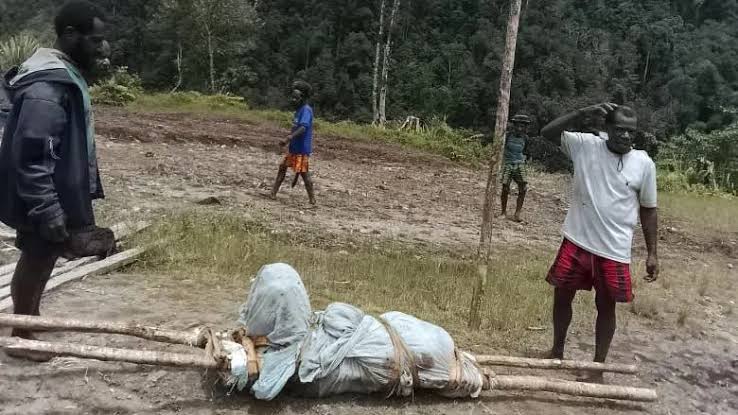















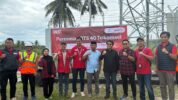
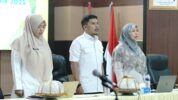
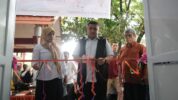



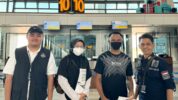
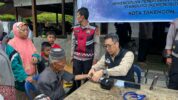
Tinggalkan Balasan